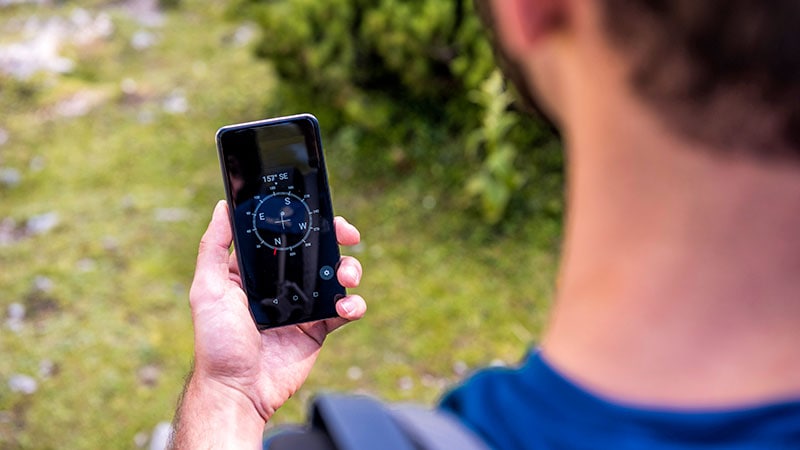Takeaway
- In children and adults with type 1 diabetes (T1D), psychological interventions did not improve glycaemic control.
- Cognitive behavioural therapy (CBT) may be effective in improving glycaemic control in adults with T1D.
Why this matters
- Although guidelines recommend access to psychological services for children and adults with T1D, no evidence suggests that psychological treatments overall improve glycaemic control.
Study design
- Meta-analysis included data from 29 randomised controlled trials including 9 adults (n=1102) and 20 children trials (n=2567) with T1D.
- Primary outcome: change in glycaemic control (haemoglobin A1c [HbA1c], mmol/mol/%).
- Funding: The UK’s National Institute for Health Research Health Technology Assessment Evidence Synthesis Programme.
Key results
- In the aggregate meta-analysis, psychological intervention vs control group did not show significant effect on HbA1c level in adults (standardised mean difference [SMD], −0.13; 95% CI, −0.25 to −0.00; P=.187) and children (SMD, −0.05; 95% CI, −0.13 to 0.02; P=002; I2=54%) with T1D.
- In the network meta-analysis, attention control groups (SMD, −0.456; 95% CI, −0.797 to −0.115; P=.009) and CBT (−0.256; 95% CI, −0.452 to −0.059; P=.011) were significantly associated with a reduction of HbA1c level in both adults and children with T1D.
Limitations
- Study only focussed on glycaemic control.
References
References



